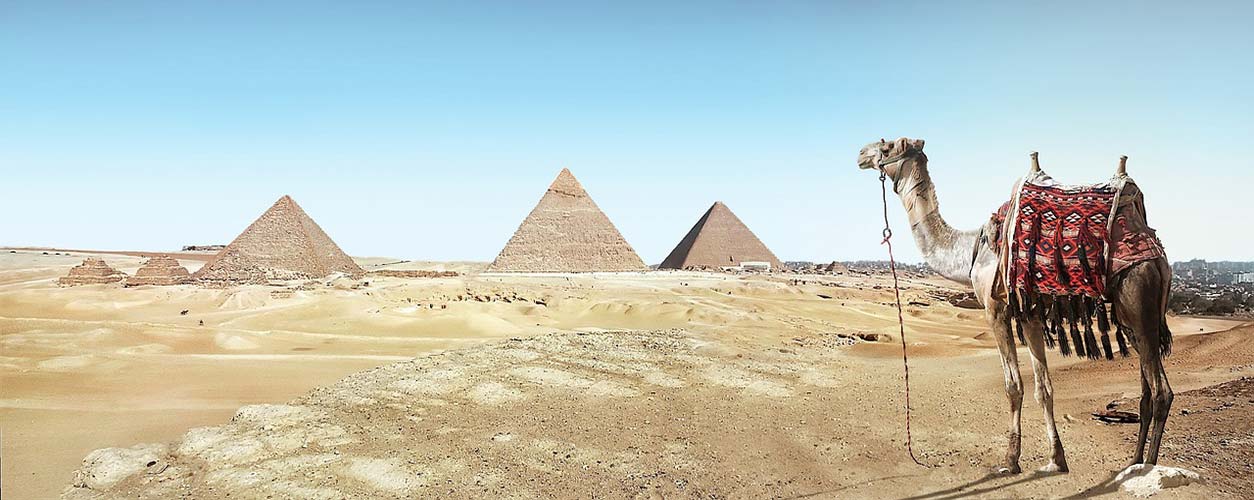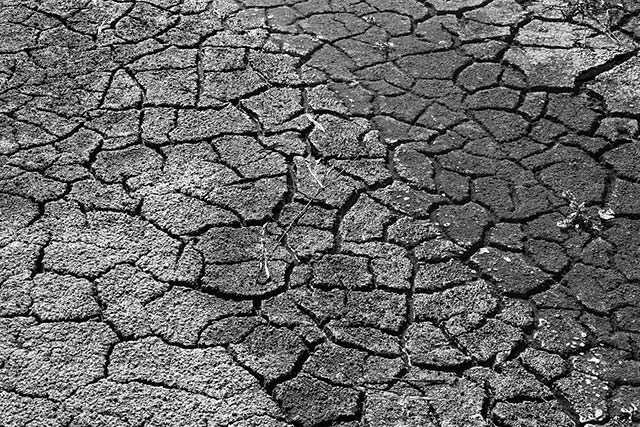Scroll down to see and play Audio.

Good Thursday morning to you my “Walking with Jesus” friends.
Perhaps because tomorrow is Valentine’s day around the world, and yesterday we finished 2 Timothy and with Paul’s death, the end of a significant and extended journey that we’ve been on tracing the journey’s and letters of Paul chronologically, I wonder if you’d join me in a bit of a diversion? Let’s go to one of the great love stories in the Bible, in the Old Testament, the little story of RUTH.
The time is about 1100bc. The focus of the story of God as told in the Bible, here is focused on a place that is familiar to us in the New Testament… Bethlehem, but more than a millennia before Jesus is to be born there. The Hebrew slaves who had been led by God and Moses had traveled from Egypt to the extreme southern edge of what is today Israel. There they’d sent in spies to scout out the ‘Promised Land’ of which they’d heard much but they had never seen. That story is found in Numbers 13 & 14. You may recall upon hearing the skeptical report of those spies, the people turned away from the opportunity to trust God and enter the new land.
God sent that ungrateful and faithless group of fleeing, freed slaves back into the desert, where they wandered for 40 years, until that skeptical generation died, and their children, under Joshua’s leadership, entered the land and began settling across what is today Israel. Joshua died about 1375bc and for the next almost 300 years, there was no clear national leader. “Judges” rose up from time to time and led in some areas of the land, but essentially during these dark years the people floundered, spiritually and as a society, for lack of leadership. This time is described in the Bible book of Judges.
Toward the end of that season, around 1100bc, the story of the Bible focuses on one family in the town of Bethlehem. Please open your Bibles with me to Ruth chapter 1 and let’s put ourselves into the story. “In the days when the judges ruled there was a famine in the land, and man from Bethlehem in Judah, together with his wife and two sons, went to live for a while in the country of Moab. The man’s name was Elimelech, his wife’s name Naomi and their two sons Mahlon and Kilion.” (Ruth 1:1,2)
While few of us in America can imagine a ‘famine’ those with us on the “Walking with Jesus” journey who live in Africa or some parts of the middle east, understand that word ‘famine’ all too well. When everyday is hot sun, no rain and no dew in the morning, it doesn’t take long for everything green to burn up and die. Without vegetation, animals can’t graze and they begin to die. Without the produce of gardens and farms it doesn’t take long and food becomes scarce. That is famine and it’s frightening.

People and animals both migrate to where the food is, and thus this family who normally had plenty of food, found themselves packing to move where they heard food was available. Sadly, that was east, across the Jordan river, beyond the Dead Sea. It’s possible they found a place there on the fertile plane east of the Jordan river to live, but more likely if the famine was there also, they hiked over the mountain range, into the area of eastern Moab. All this is the modern day country of Jordan. It would have been a difficult journey on foot or perhaps donkey, and would have taken many days, probably weeks. But people will do almost anything for survival, right?
Moab was a country of people who many years before had encountered the fleeing Hebrew slaves who requested passage through their land, promising to pay for food or water that they ate along the way, the Moabites refused and closed their border to Moses and the people, turning them back into the desert. (Numbers 22-25). Memories sometimes last generations, so now more than 300 years later, we can imagine it was with fear and trembling Elimelech took his Hebrew family from Bethlehem to Moab, looking for food and at least a temporary life.
Let’s walk along the dusty road with them. Feel the sun burning on your back? Feel thirst in your mouth? Let’s ponder along with them. Have you found yourself in a place where God seems distant? Have you experienced circumstances in your life which lead you conclude God is not paying attention to you and your family, to your situation? You may even think God is punishing you for something or at least is not interested in you or your family, is not providing, is not guiding. In fact heaven is silent. Ever been there?

The Bible is silent for several years in the story of this family. We can only imagine what we’d feel and think if we were in their sandals. Time passed. Ruth 1:3 says “Now Elimilech, Naomi’s husband died, and she was left with her two sons.” Famine is terrible, but at least it appears Elimilech was resourceful and responsible, leading his family to find a new place to live where food was available. We assume he and his two sons found work, and worked hard to provide for Naomi and them.
But tragedy struck. Was it illness or accident? Suddenly Naomi is a widow with two sons in a foreign land! The boys were evidently grown men by now, and both found Moabite girls attractive, and with no apparent plan to return to Bethlehem, they married Moabites named Orpah and Ruth. We presume Naomi lived with one or both of her sons as they cared for their widow mother. While not an ideal life, at least we can presume there was food on the table, a tent or house to live in, and life apparently was beginning to find a new normal in Moab.
But, again, tragedy struck. Look at verse 4 “After they had lived there about 10 years, both Mahlon and Kilion also died, and Noami was left without her two sons and her husband.” What words do you use to describe life beyond despair? Can you imagine the tears, the sense of hopelessness, maybe even anger toward God in her despair? I envision Naomi often out under the stars at night, looking back west in the direction of Bethlehem, and wondering if God understood, if God cared, if there was any reason at all for even a little hope that there could be life beyond despair, for three widows?

Maybe she thought about the stories of Moses and the fleeing Hebrew slaves and God’s provision of water and food in the desert. We can presume Naomi did not have a Bible to read… at that time only the first 5 books of the Bible existed! We presume she had no church to attend, and no home Bible study to be part of. No Christian radio, or TV, no Christian books to read. Nothing, but what she had in her memory, alone in a foreign land she had a choice. . . give up or look up.
Look at verse 6 my friends. “When she heard in Moab that the LORD had come to the aid of His people by providing food for them, Naomi and her daughters-in-law prepared to return home from there.” Do you hear the world-view with which Naomi looked at her desperate situation? Rather than simply saying the famine was over and she could go back. Her perspective is that God has come to the aid of His people and ended the famine and that God was providing what was needed for crops to grow and flocks to reproduce. The word “Bethlehem” means ‘house of bread’, by the way!
Do you also see she uses the word “home” rather than simply “Bethlehem”. Her heart was still back ‘home’ and with this proper perspective of thanks to God, she was ready to leave the pain of Moab and return home in hopes things might be better there. So what is your world-view today friends? What is God doing in your world to show you He is Sovereign, He is loving, He is working His global purposes for His glory and our good?
We see in verse 7 that widow Naomi and her two widow daughters pack up and begin the process of setting out on the road back to the land of Israel and eventually Bethlehem. Now think about this… three widow ladies traveling, we presume, on their own. One a Hebrew heading back to Bethlehem, from where she had come more than 10 years before. What would she find? Had someone moved into her abandoned home by now? How would she support herself as a widow back there?
Her two daughters-in-law were Moabite women, they would not be welcomed and would make life difficult for Naomi there, at least until Bethlehem had heard their story and accepted them. But God. . . so often that is the place of hope isn’t it my friends?

Naomi’s heart recognized God had ended the famine, God had sent the rain and was blessing His people again. While all the men in her family were dead, God had sustained Naomi and she was not alone, she had two daughters-in-law who loved her, and were at least willing to consider leaving their home & families, to accompany her and help to care for her in her older years.
As we close today, take a look across the landscape of your life. Do you see the evidence of God’s hand of protection and provision for you down through your life? May I urge you to thank Him right now? And in your present circumstances, whatever they are, do you see God is Sovereign and you can trust Him, in those circumstances?
Oh Lord God, thank you for your majesty and your sovereignty over all that is going on in our lives.
Have a comment or question about today’s chapter? I’m ready to hear from you, contact me here.
 Pastor Doug Anderson 262.441.8785
Pastor Doug Anderson 262.441.8785
“Let us run with perseverance the race marked out for us, with our eyes fixed on Jesus…” (Heb. 12:1,2)
Archived back issues of “Walking with Jesus” and other resources are available by clicking here to open our ‘home page’ (or go to HOME at upper right of this page).
Share with friends. Subscribe below for daily “Walking with Jesus”.
